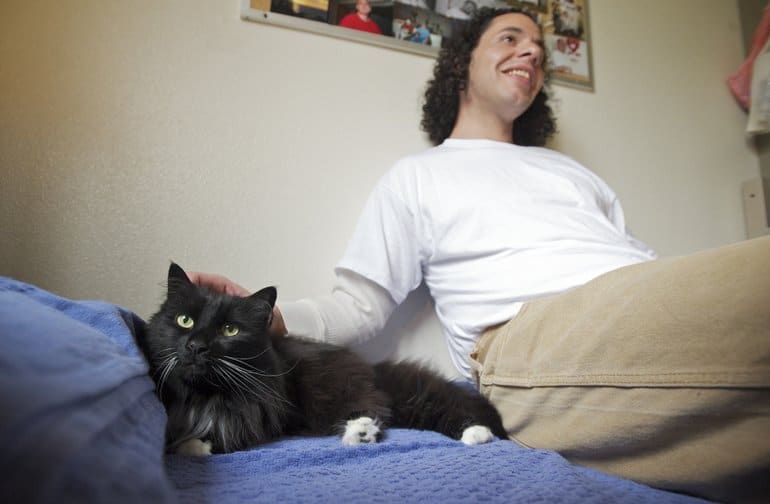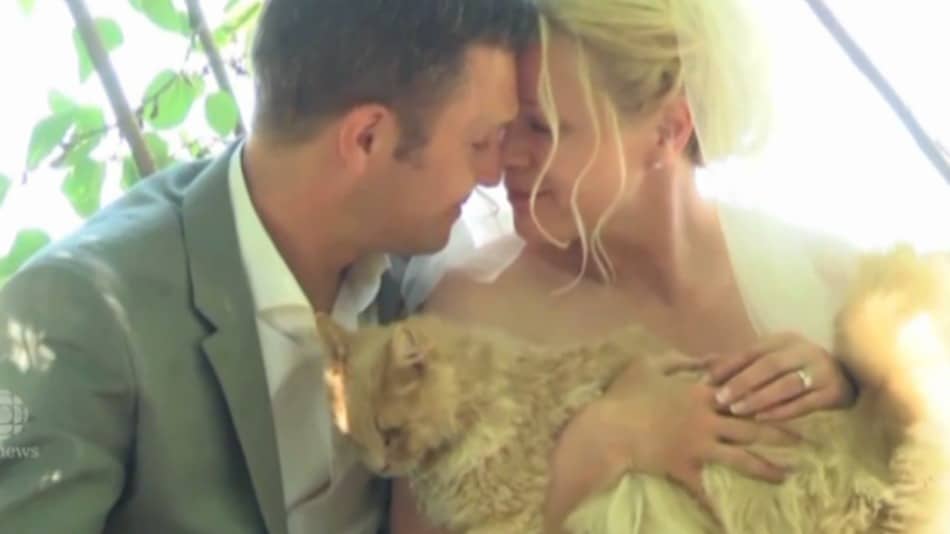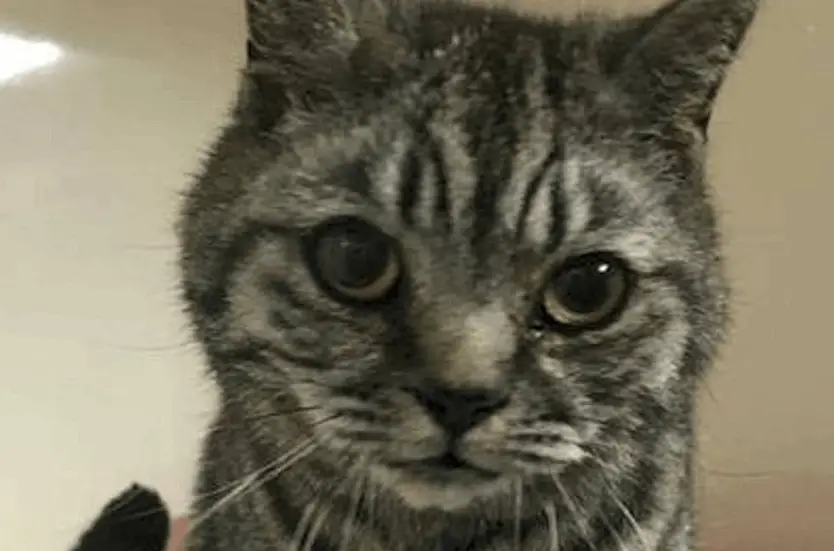Divorce can be a ruthless process, and when it comes to deciding the faith of the precious family cat, things may get especially ugly. Often, spouses go through the roof, as no one wants to concede the much-loved fluffy creature they’ve shared so many happy memories with.

Over 20% of divorcing Americans consider pet custody issues as agonizing as the litigations over who gets the children. And therefore, it is better to decide from the get-go who takes the cat when it’s time to call quits – ideally, even before you tie the knots.
But when a divorce is looming on the horizon and the cat’s future is up in the air, the tension of the unknown may seem unbearable. This is not the time to make unwise decisions but rather to think about what’s best for your cat. Check these three outcomes to figure out which one may work for you better.
Court Litigations

In a divorce, emotions may run so high that no other option than going to court seems possible. And while the idea of settling things legally may be tempting, the parties should be aware of the hidden pitfalls. And they are – most states consider that pets are property. In other words, your cat is as valuable as your posh couch for the law, so naturally, the one who pays for it gets the custody rights.
This means that if you’re getting a divorce in Ohio, or any other state except Alaska, California, or Illinois, the person who pays, wins the cat. This would include any spending to purchase the animal, cover the vet bills, insurance, or buy toys and food. Evidence can prove this, and therefore, make sure that you’ve collected all the checks and bills just in case. The pictures where you pose with your cat may also give you a leg up here, so don’t hesitate to present them in the court.
Whatever the case is, make sure that your lawyer understands your pain. For us cat people, cats are valuable family members and perfect companions. No cat at home, no life at all. But people who never owned one don’t understand this affection and devotion.
So if your lawyer belongs to the anti-cat group, most likely they won’t understand how big the deal of losing your much-loved companion is. In this case, hiring someone who knows what you’re going through and will fight desperately for your feline might be the smartest decision.
Mutual Agreement

Fortunately, in the majority of cases, this issue can be resolved out of the court. Truth be told, judges are reluctant to hear pet-related cases, and that’s why they will gladly finalize your mutual agreement. Not only will it save you from skyrocketing expenses, but most likely you already know what option can be best for your family cat.
Legal battles are stressful, while cats are extremely susceptible. This means that they suffer as much as you do, and by all means, you want to protect them from this fate. Some may take changes painfully, so when discussing whom the cat stays with, take into consideration the following factors:
- Who shares the stronger emotional bond with the pet? Your love for the cat may be rock-solid, but if it’s more attached to your spouse, taking it away may cause apathy, depression, refusal to eat, and a bunch of health problems. In this case, it may be better to set aside your personal interests and give up the cat. Time heals, after all.
- Who can take better care of the cat? Having a pet is an extremely expensive business, and you want to make sure that your cat has everything it needs. Therefore, take into consideration the financial aspect of your decision. It may need a vet examination, or it is used to some specific type of food. If your ex-spouse is just getting their feet back on the ground, it might be the wrong choice to concede the pet.
- How does it take the change of places? Cats often get attached to the place rather than to a person, so a simple change of apartments may cause a bunch of physical and mental problems. In this case, who gets the place, gets the cat. Simple as that.
When there are two cats involved, dividing them between parties may seem the most obvious and reasonable decision. But as good as it may be for a person, as dreadful it may turn out for cats. Frequently, pets who were raised together develop a special unbreakable bond, and they go through a lot of stress and pain when separated. As a caring owner, you want to avoid that at any cost.
Joint Custody

Quite often, the bond is so strong that parties can’t agree upon the ownership and go for joint custody. This may be risky but will work pretty well under certain circumstances.
First off, the parties have to be sure that they can be kind and respectful to each other. The least you want is drawing your cat into your fights, or what’s worth making it a scapegoat.
Also, your personal desires should match your cat’s needs. If you travel a lot, and it takes staying at home alone painfully, then sharing custody might not be for you. Instead, consider discussing visiting hours. But if you are ready to give in the cat, this may be a good leverage to demand your spouse to hand over something else you want.
Finally, a prenuptial agreement that clearly states who takes the pet after the divorce can save you and your ex from a boatload of stress and confusion when the disputes heat up. Taking care of this before you get officially married may be a great alternative to “happily ever after” for you both and your precious cat. It’s too late to lock the stable door when the horse is stolen, but it’s worth considering this idea for the sake of the future.
About the Author
Greg Semmit has years of experience working with different types of legal documents and writing about Family Law for educational purposes. Currently, he is working at OnlineDivorcer company, where he writing blog articles about divorce and divorce cases. In his free time, he likes roaming the streets of New York with his Olympus taking photos of the best spots in the city.
The Catington Post is reader-supported. That means, if you make a purchase through links on our site, we may earn an affiliate commission. All images and names which are not the property of The Catington Post are the property of their respective owners.



